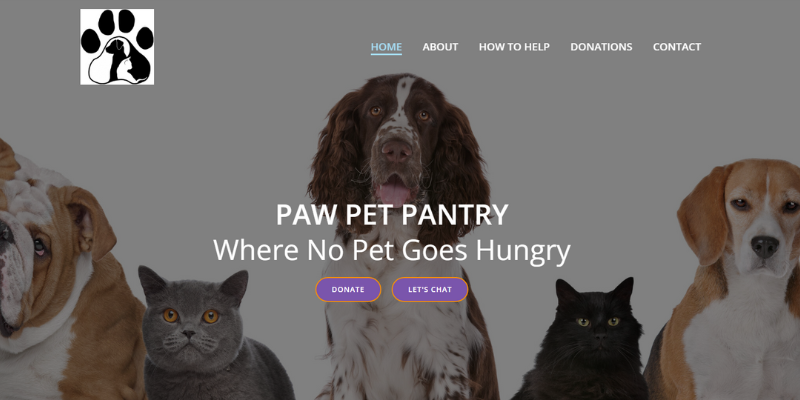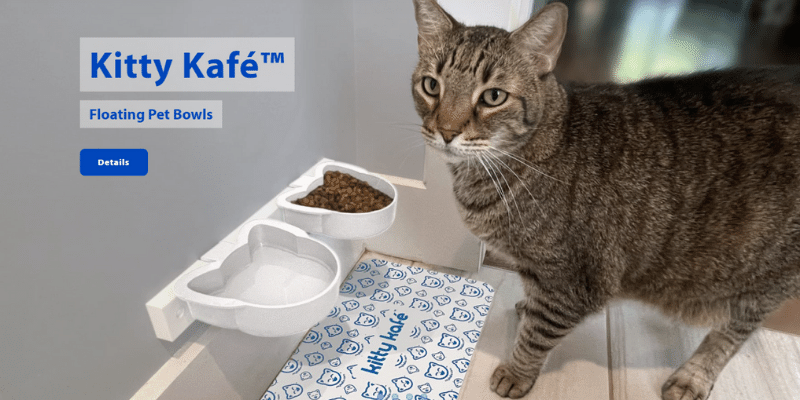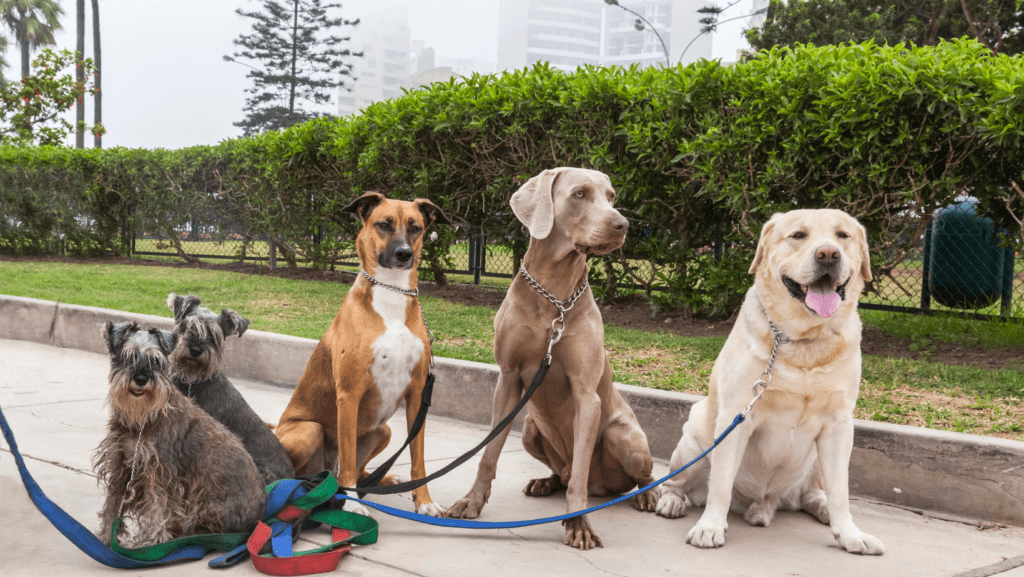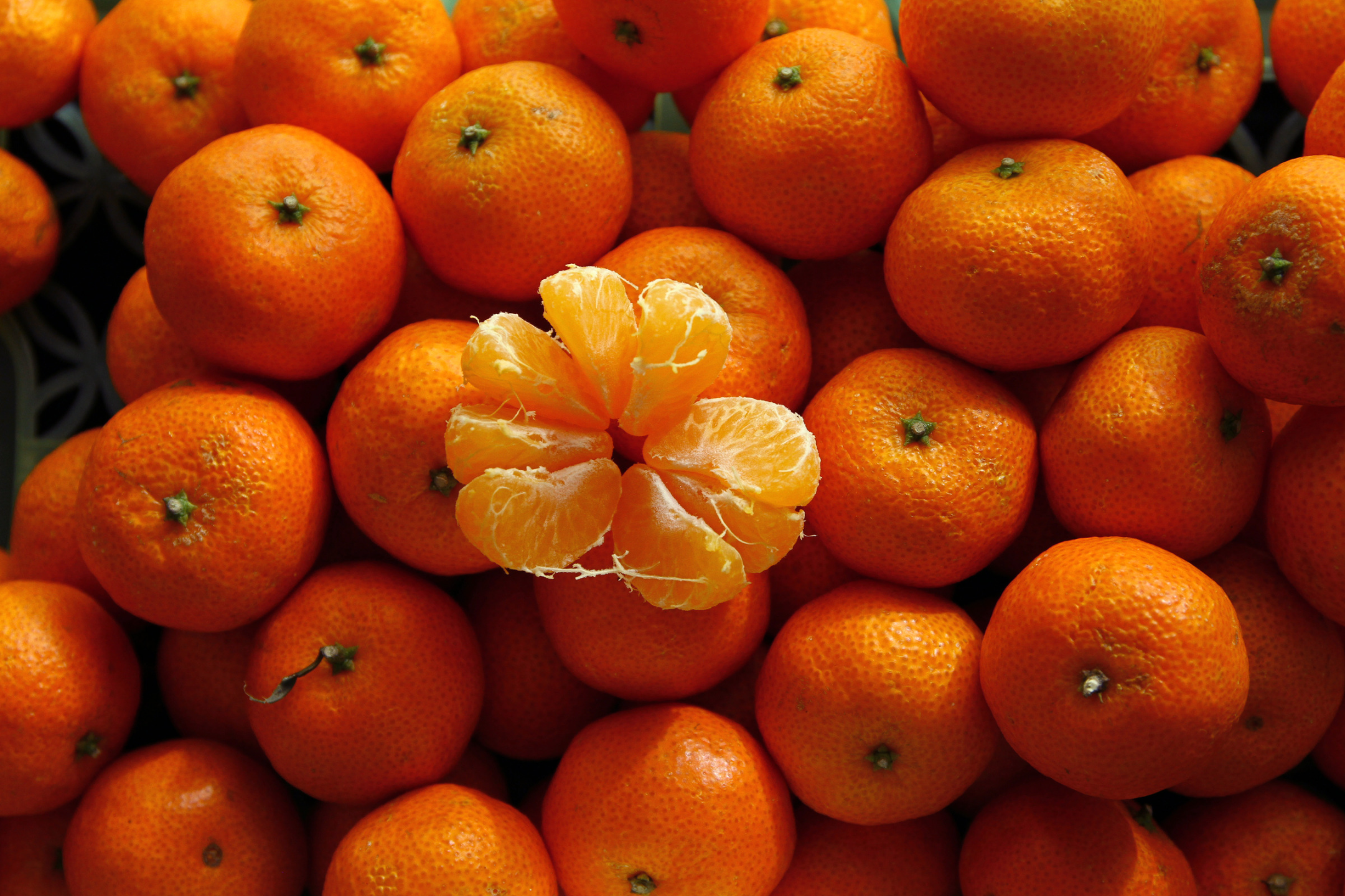People love sharing food with their dogs; it develops a relationship between the owners and the pets. However, people must be careful about what they feed their pets, as some human food can be unhealthy for dogs.
So, what can dogs eat? This article will explain the safe and dangerous treats for pets to keep them healthy.
Watching What The Dogs Eat
All pet owners know that dogs will ask for a bite when they prepare food. Sometimes, it’s hard to resist their begging and give them some treats.
However, people must be cautious about the food they feed their animals. Several human foods are safe, but owners must be careful about what they give. Some items can irritate the dog’s digestive system or even be poisonous.
Are These Foods Safe For Dogs?
Food like fruit and vegetables can benefit pets, but owners must give the proper amount in adequate servings for the best nutrition.
1. Mango
Dogs can eat some fruits, and several owners ask, “Can dogs eat mango?” Pets can eat this sweet fruit; it’s rich with vitamins A, C, B6, and E. Mangoes are also an excellent source of fiber for humans and pets.
These fruits are sweet and full of carbohydrates, so owners must give this fruit sparingly to avoid obesity and diabetes in pets.
Owners must remove the skin and the pit before giving this fruit to their dogs; ingesting the skin can cause digestive problems, and the pit is a choking hazard.
Pet owners can give their dogs dried mangoes to avoid skin and pit ingestion. However, remember to give small amounts since there is a higher sugar content.
2. Peaches
Peaches are a sweet fruit owners want to share with their pets; luckily, the answer to “can dogs eat peaches” is yes. These fruits have vitamin A and fiber and can provide additional nutrition for the dogs.
Like mangoes, peach skin can cause stomach upset in dogs, so owners must remove this before feeding the fruit to their pets. Peach seeds are a choking hazard and contain amygdalin, a sugar-cyanide substance.
Owners must avoid giving preserved or canned peaches to their pets, as these have a high sugar content and may lead to diabetes.
3. Green Beans
Dogs can benefit from eating vegetables sometimes; people may wonder, “can dogs eat green beans?” Fortunately, veterinarians recommend that owners give their pets green beans as a treat substitute.
These vegetables have vitamins K, C, A, and B6. Green beans have few calories and abundant fiber, so they’re an excellent choice for dogs on a diet.
Owners shouldn’t add salt, spices, garlic, or onions to their beans; they must keep the vegetables plain to make them dog-friendly.
The Green Bean Diet
This diet includes replacing 10% of the dog’s food with green beans, gradually increasing it to 50%. This diet is popular for people with obese dogs who want them to lose weight.
However, restrictive diets may harm your pets over time; a green bean diet may cause hyperthyroidism or Cushing’s disease in the dog. Owners must ask for a veterinarian’s advice before trying this diet.
4. Cinnamon
Sometimes the dogs may get into the spice rack, so owners may wonder, “can dogs have cinnamon? People may feel worried when they see dogs eat this spice, but the cinnamon powder is completely safe for dogs in small doses.
Owners shouldn’t give their pets cinnamon essential oils, ground cinnamon, and cinnamon sticks. These spices may cause digestive irritation in dogs.
People should only give one teaspoon of cinnamon powder to their pets. Large doses may cause diarrhea, vomiting, liver disease, low blood sugar, and changes in heart rate.
If people catch their dog overeating cinnamon powder, they must contact their veterinarian for advice. They shouldn’t panic as this spice isn’t toxic; it may cause discomfort in the pets.
However, owners must not confuse cinnamon with nutmeg; the latter may severely affect the dogs in large amounts. This spice has myristin, which may cause increased heart rate, hallucinations, high blood pressure, disorientation, and seizures.
5. Pistachios
Some healthy pet owners may wonder, “Can dogs eat pistachios?” These are nutritious treats pàcked with vitamins; however, they aren’t the best snack choice for dogs.
Pistachios aren’t toxic, but continuous consumption may lead to health problems in pets. These nuts usually have a high salt content that’s bad for dogs; pistachios also have a high-fat content that may cause pancreatitis and diarrhea.
The shells from pistachios are choking hazards, so owners must dispose of them in a secure container. If dogs eat too many pistachios, the owners must bring them to an emergency veterinary clinic.
Foods Dangerous For Dogs

Several pet owners wonder, what can dogs eat? Several delicious human treats are perfectly safe for dogs, as long there aren’t added sugars or salt. However, some human food is entirely toxic for dogs, and owners mustn’t give them to their pets.
1. Chocolate
It’s common knowledge that chocolate is bad for dogs; the darker the chocolate, the more severe the toxin effects it can have on the dog’s body.
This sweet has caffeine and theobromine, which dogs can’t digest. Chocolate poisoning causes vomiting, diarrhea, stomach pain, and dehydration in pets.
2. Xylitol
This sugar alcohol is a common ingredient in chewing gum, candy, and toothpaste. This substance can severely drop a dog’s blood sugar level and cause several health problems like weakness, vomiting, liver failure, and seizures.
3. Grapes
These fruits are highly toxic for dogs; eating small amounts can cause rapid kidney failure and later death. They are poisonous raw or in baked goods, so owners must ensure these fruits are far away from their pets.
4. Avocados
These fruits contain persin, which can be toxic for dogs; when dogs eat any part of the avocado fruit, they may accumulate water in their lungs and suffocate.
Conclusion
When people wonder, “what can dogs eat?” They can consult with their veterinarian or do research. It’s always essential to ensure the treats owners give their dogs are safe.
If you’re interested in learning more about safe pet snacks and other nutritional tips, visit Doobert and become a volunteer!















